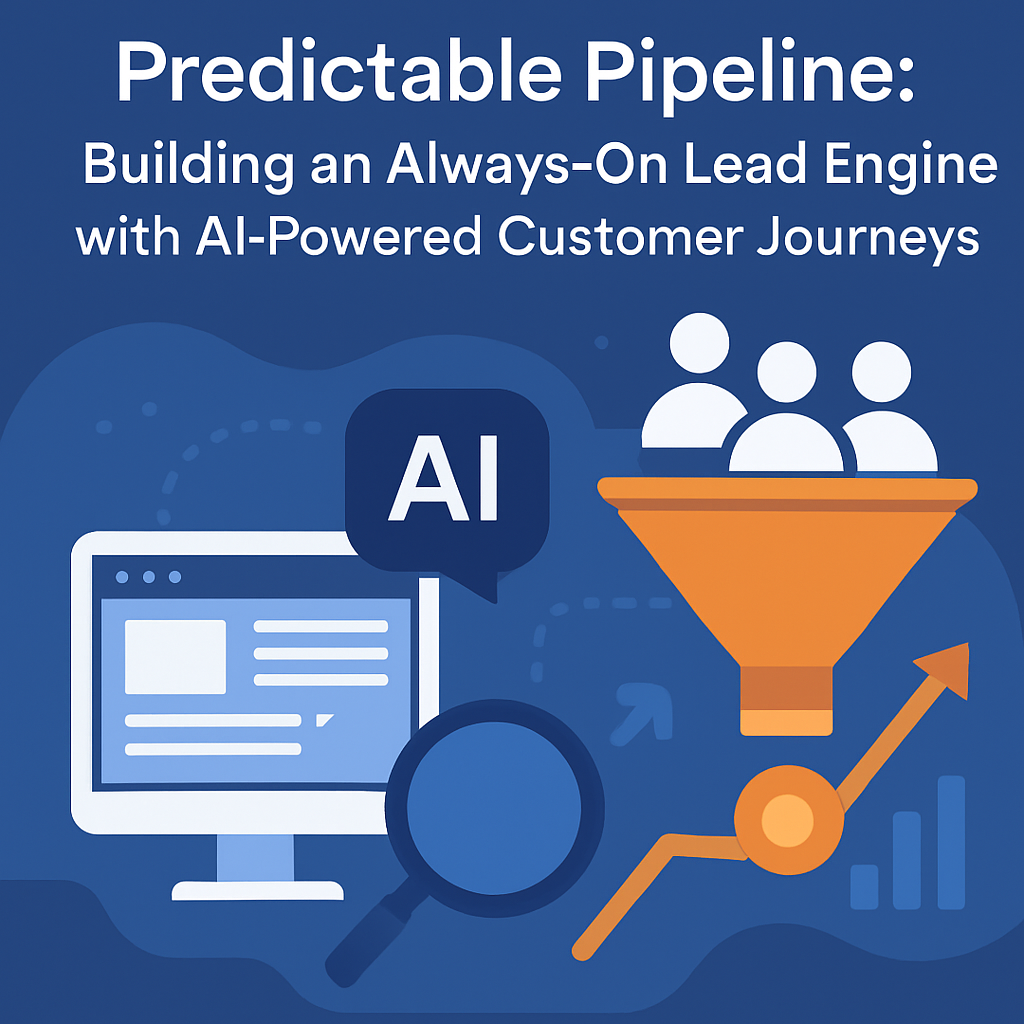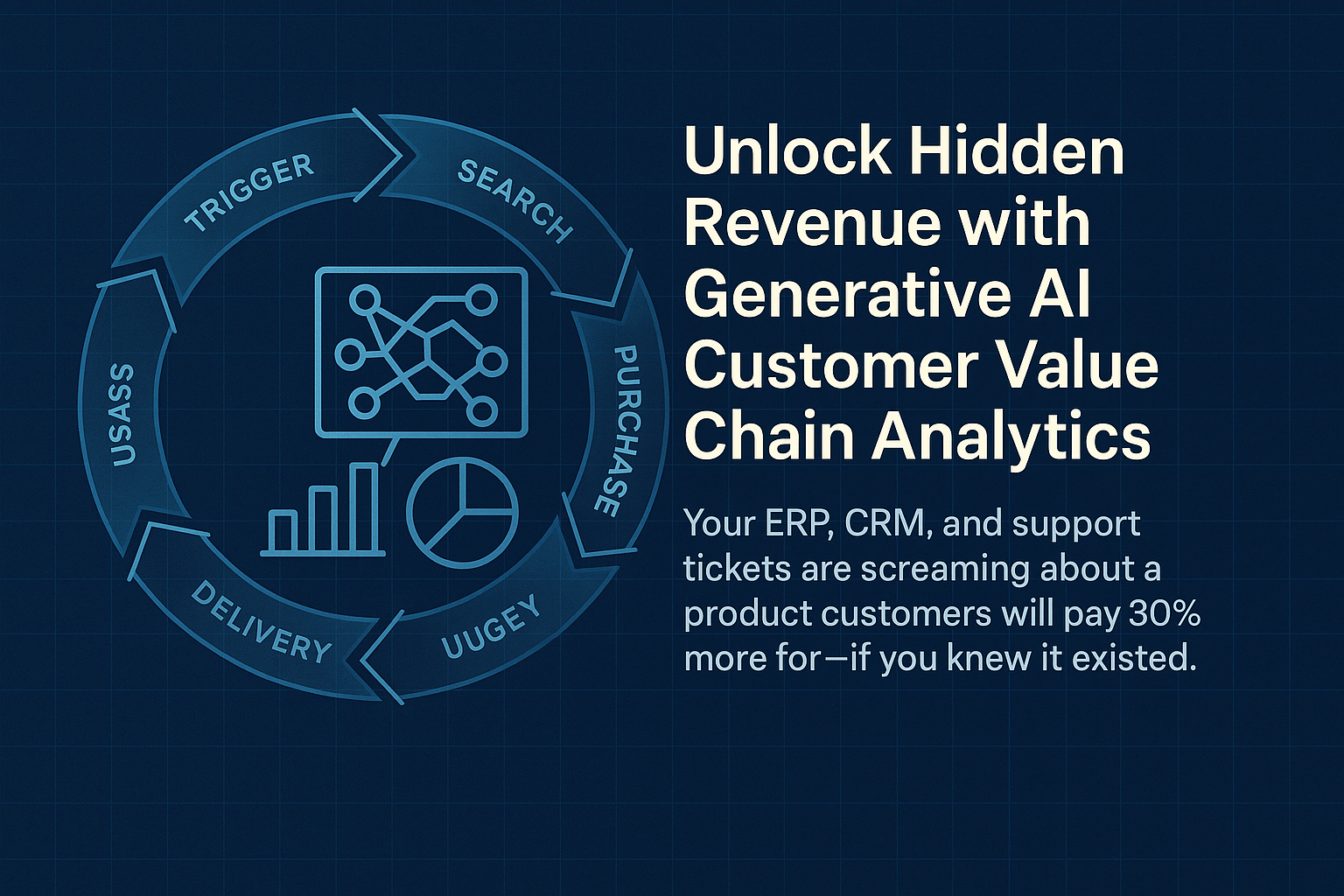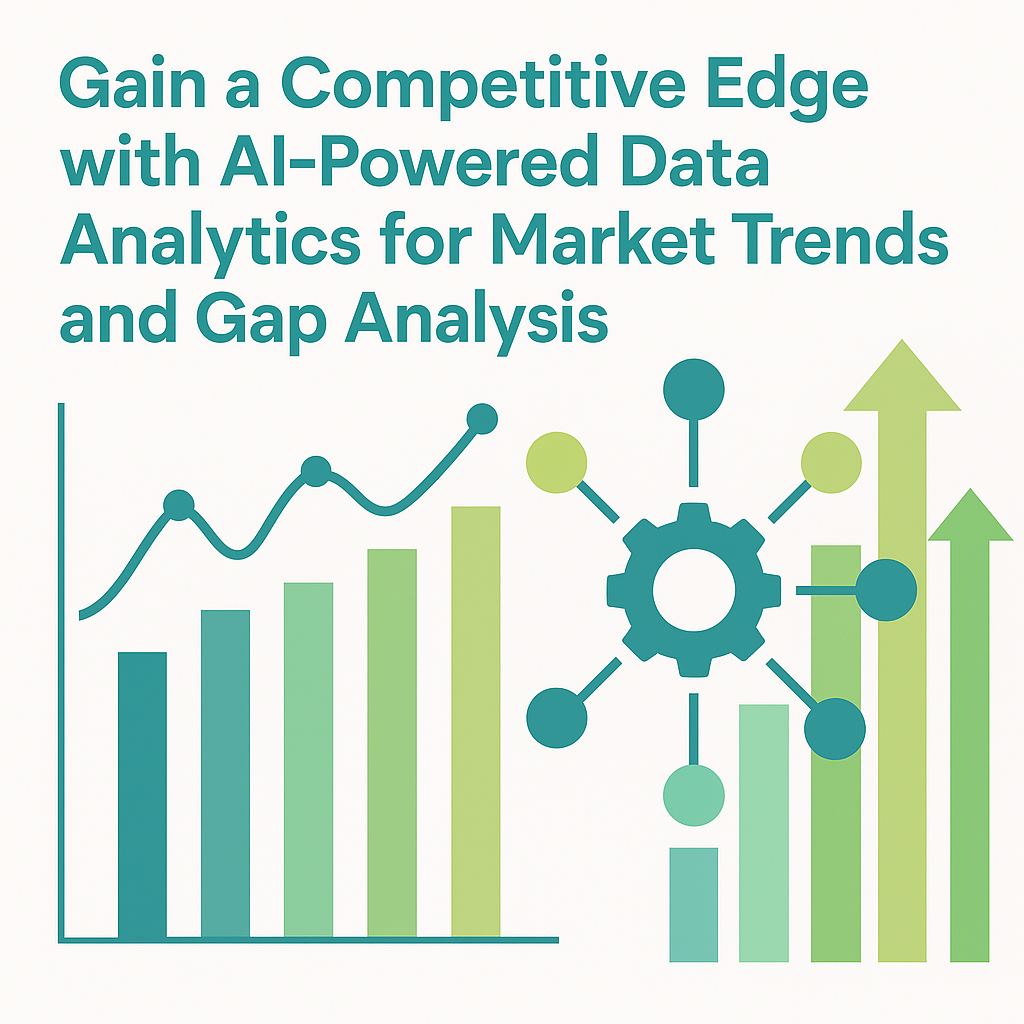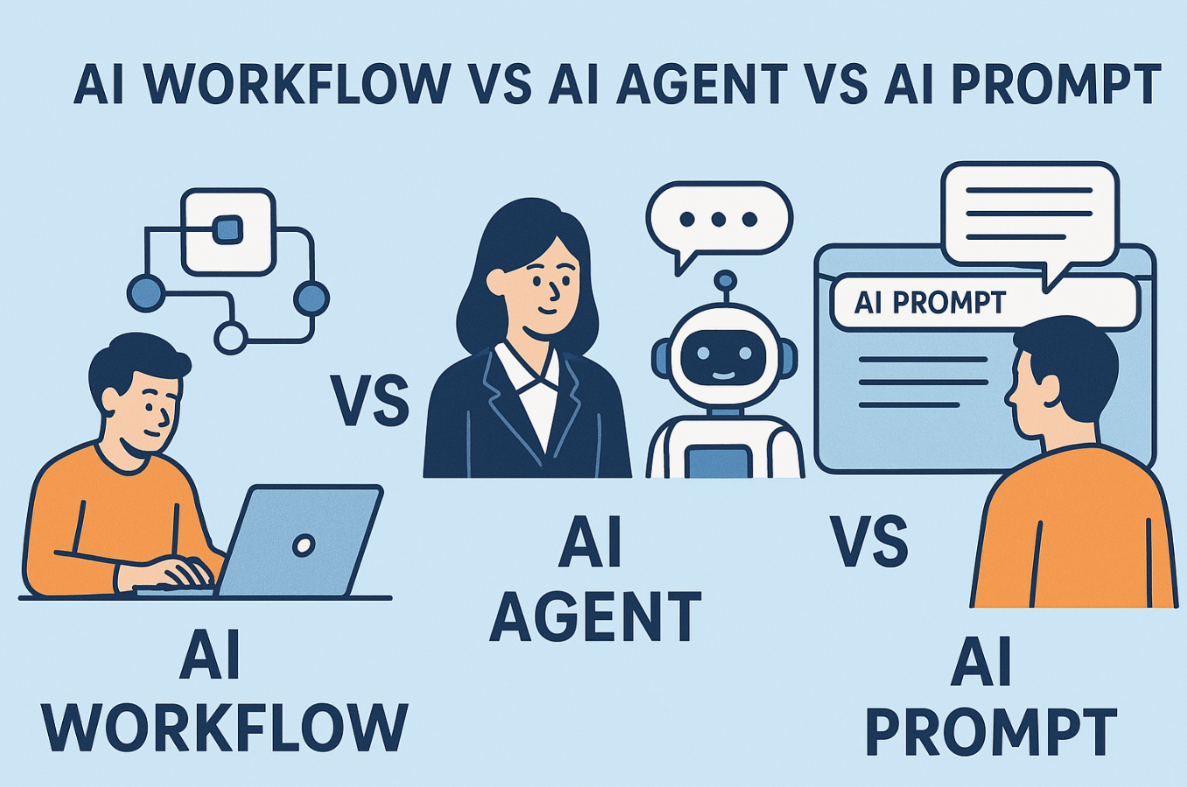Marketing data analytics can be transformative for small businesses seeking to enhance campaign performance and gain a competitive edge. By leveraging marketing data analytics effectively, businesses can make informed decisions that drive growth, improve customer targeting, and optimize marketing spend.
Marketing data analytics also provides actionable insights that guide business decisions, whether it’s determining the most effective marketing channels or finetuning messaging for different audience segments. These insights can be used to move your business strategy forward, making it more agile and responsive to market needs.
Key Takeaways
- Collect the Right Data: Focus on key metrics like customer demographics, engagement metrics, and conversion data to maximize marketing outcomes.
- Google Analytics : This essential tool helps track website performance, customer behavior, and overall campaign success, driving better decisionmaking.
- Enhance Customer Understanding: Use data to create more personalized, targeted campaigns that drive stronger engagement and conversions.
- Optimize Campaigns in RealTime: A/B testing and campaign performance tracking are critical for maximizing ROI and efficient resource allocation.
- Interpret Data Wisely: Context is everything; always look for actionable insights and clean data before drawing conclusions.
- Gain a Competitive Edge: Use marketing data analytics to quickly adapt to market changes, identify new opportunities, and stay ahead of competitors.
These are just some of the benefits marketing data analytics can offer. Throughout this article, you’ll learn more about specific strategies, tools, and best practices to make data driven marketing a core strength of your business. Keep reading to unlock new growth opportunities.
Table of Contents
What Marketing Data to Collect
Not all data is equally valuable. To get the most out of marketing data analytics, it is important to collect the data that will directly contribute to your business growth.
- Customer Demographics: Information such as age, gender, income level, and location. Example: Collecting data on healthcare professionals interested in a specific service.
- Engagement Metrics: Data showing how customers interact with your marketing campaigns, such as clickthrough rates, likes, shares, and comments. Example: Tracking engagement on social media posts.
- Conversion Data: Details on how many users take a desired action, like signing up for a newsletter or making a purchase. Example: Monitoring conversion rates from a landing page.
- User Journey Insights: Insights into how users navigate your website include where users came from (e.g., organic search, paid ads, social media), which page they landed on, and what conversion actions they performed. For example, tracking a user’s journey from a landing page to completing a contact form or making a purchase. These insights help you understand which marketing channels are most effective and how users interact with your content.
For example, if your target market includes healthcare professionals, gathering data on user behaviors, such as specific service pages they visit, can help tailor marketing messages to address their needs more precisely. Marketing data analytics for enhanced campaigns and competitive edge starts with understanding which data to gather.
What Is Google Analytics Used For
Google Analytics is one of the most popular tools for marketing data analytics. It provides businesses with deep insights into website performance and customer behavior. Google Analytics allows marketers to track key metrics such as page views, bounce rates, conversion rates, and session duration. By understanding these metrics, you can evaluate which pages on your website are driving conversions and which may need adjustments.
Google Analytics also provides insights on audience segmentation, helping you better understand different customer groups. With features like goal tracking and advanced segment analysis, it’s easier to measure ROI and optimize marketing campaigns effectively. Using Google Analytics effectively is a key part of leveraging marketing data analytics for enhanced campaigns and competitive edge, providing visibility into how audiences interact with your business online.
Enhanced Customer Understanding
Data analytics allows businesses to gain deeper insights into consumer behavior, enabling more personalized marketing strategies that boost engagement and conversion rates. For further details on optimizing lead interaction through demographic targeting, check out our article on AI Engagement Insights: Optimizing Lead Interaction Through Demographic Targeting.
Small businesses can uncover valuable details about customer preferences and habits by analyzing the data collected through tools like Google Analytics. For instance, understanding which content performs best with certain segments can help tailor messages that resonate more effectively with those audiences.
Enhanced customer understanding also empowers you to create more targeted and personalized campaigns, leading to stronger engagement. Personalization is no longer a “nice to have” but a necessity—customers expect businesses to understand and cater to their needs. Marketing data analytics enables small companies to create tailored experiences, ensuring better outcomes and deeper customer loyalty.
For more insights on transforming client relations through AI, see our article on AI Powered Insights: Transforming Client Relations in Coaching.
Optimized Campaigns
Marketing data analytics helps marketers adjust campaigns in real time, ensuring efficient allocation of budgets and maximizing ROI. Campaign optimization is ongoing, and data analytics provides the insights necessary to continuously tweak and refine your marketing efforts. Using techniques such as A/B testing, marketers can determine which messaging or visuals resonate most with audiences and then shift resources accordingly.
For example, a small business offering B2B services might run email campaigns to generate leads. By analyzing open rates, clickthrough rates, and conversion rates, marketing managers can identify which subject lines or offers perform better, allowing them to make data driven adjustments that yield higher returns. Optimizing campaigns through data analytics is a key factor for any company looking to use marketing data analytics for enhanced campaigns and a competitive edge. Discover more in our article on Maximize Lead Conversion: AI Engagement Strategy by Demographics.
When Interpreting Data, a Marketing Manager Should…
Interpreting marketing data accurately is a crucial skill for any marketing manager. When dealing with data, it’s important to follow best practices to ensure that decisions are based on reliable information. One of the first things a marketing manager should do is ensure data cleanliness—remove any outliers or inconsistencies that might skew results.
Another best practice is to always interpret data within context. Data can be misleading if viewed in isolation, so understanding the broader business or market context helps ensure that insights are meaningful. Finally, marketing managers should always look for actionable insights rather than just numbers. For example, if website traffic spikes after a particular campaign, the key is to understand why it happened and how that can be replicated.
Competitive Edge
Companies leveraging data analytics can quickly adapt to market changes, identify new opportunities, and maintain a competitive advantage. Learn more about preparing for success in the AIdriven marketing future with our article on Preparing for AIDriven Marketing Future: Strategies for Success. Data-driven decision-making is a powerful differentiator in today’s fast-paced market, enabling businesses to remain agile. Businesses can identify gaps and opportunities faster than the competition by consistently analyzing competitors, market trends, and customer needs.
For instance, if market data reveals an emerging customer needs that competitors have yet to address fully, small businesses can be proactive by adjusting their services or marketing campaigns accordingly. Marketing data analytics for enhanced campaigns and competitive edge allows companies to remain agile, pivot quickly, and take advantage of new opportunities in the marketplace. To learn more about generative engine optimization, read our article on Preparing for Generative Engine Optimization: How to FutureProof Your Marketing Strategy.
Challenges
Effective data use requires balancing privacy concerns and investing in skilled personnel and technology. One key challenge small businesses face is ensuring compliance with privacy regulations like GDPR and CCPA. These regulations require businesses to handle customer data responsibly, which is crucial for maintaining trust.
Another significant challenge is having the right tools and talent. Data analytics requires skilled personnel who interpret data accurately and derive actionable insights. Investing in the right technologies and hiring qualified professionals can be a barrier for smaller companies. However, partnering with agencies like Inkyma can help bridge these gaps, providing the technology and expertise needed to leverage marketing data analytics without a hefty initial investment effectively.
Turning Insights into Growth
By leveraging marketing data analytics, small businesses can enhance customer understanding, optimize campaigns, and maintain a competitive edge, ultimately turning insights into actions that foster growth. With the right approach, data can be transformed into a powerful asset that drives growth and success. Companies that make data driven decisions are more likely to achieve their marketing goals, whether it’s reaching new customers, improving engagement, or increasing sales,
By leveraging marketing data analytics, small businesses can enhance customer understanding, optimize campaigns, and maintain a competitive edge, ultimately turning insights into actions that foster growth. With the right approach, data can be transformed into a powerful asset that drives growth and success. Companies that make data driven decisions are more likely to achieve their marketing goals, whether it’s reaching new customers, improving engagement, or increasing sales.
Partnering with a trusted agency like Inkyma can help you navigate the complexities of marketing data analytics, providing both the tools and expertise needed to harness the power of data for growth. Schedule a strategy session with Inkyma today to explore how to use analytics for your business needs effectively.
What are the benefits of integrating marketing data analytics with CRM systems?
Integrating marketing data analytics with CRM systems provides a comprehensive view of the customer journey, enabling businesses to track every touchpoint and engagement. This integration allows for more targeted marketing, better segmentation, and personalized outreach, which leads to improved customer satisfaction and higher conversion rates.
How can small businesses get started with marketing data analytics without a large budget?
Small businesses can start by using free or low-cost tools like Google Analytics and social media insights. These tools provide valuable data at minimal cost. Partnering with a marketing agency like Inkyma can also be a cost effective way to access advanced analytics tools and expertise without the need for a significant initial investment in technology and staff.
How often should marketing data be analyzed for effective decision-making?
Marketing data should ideally be analyzed regularly—weekly for tactical adjustments and monthly for strategic planning. Frequent analysis helps marketers respond to trends in real time, adjust campaigns for better performance, and stay agile in a competitive marketplace. The frequency can depend on the campaign type, but the key is consistency to ensure insights are timely and actionable.












